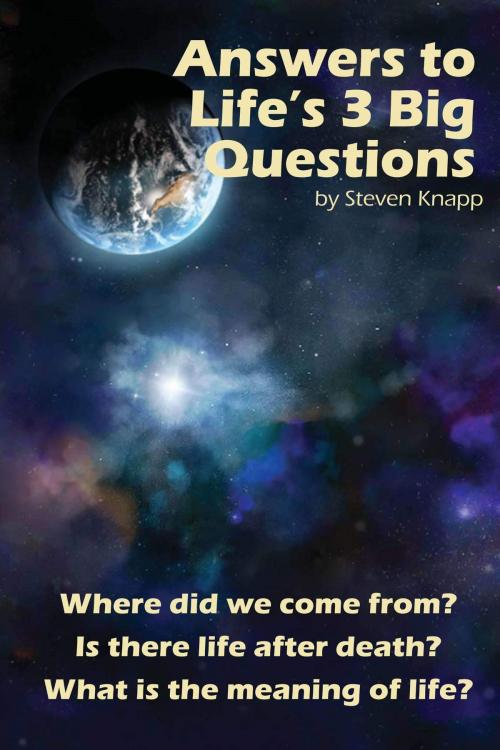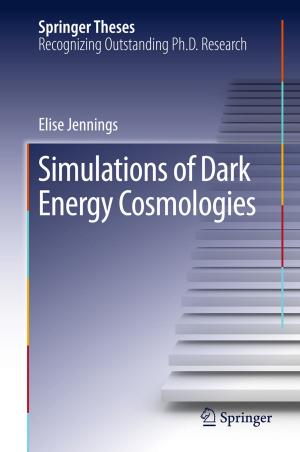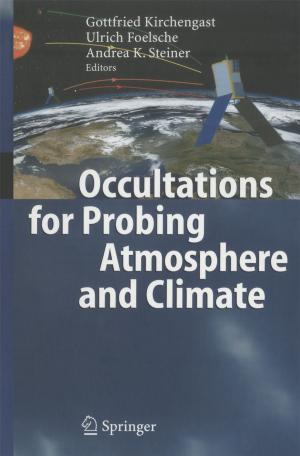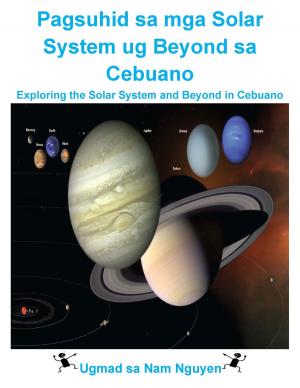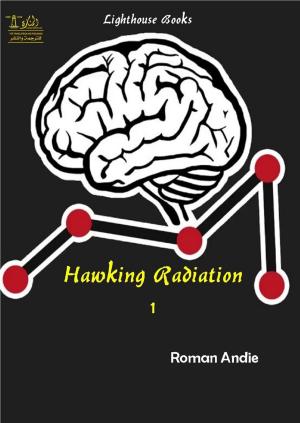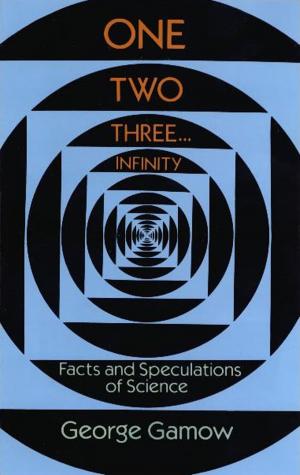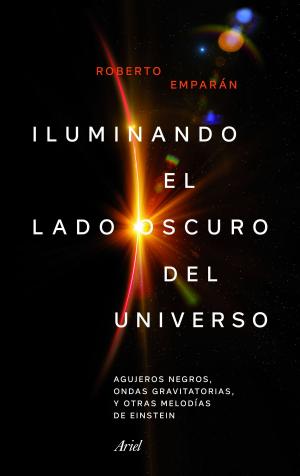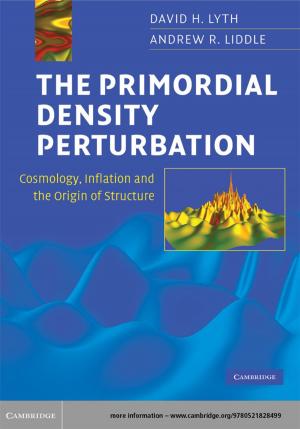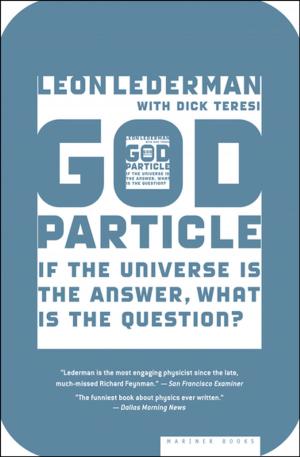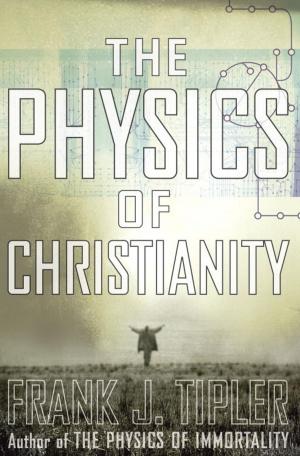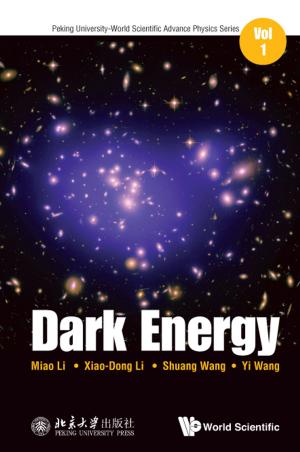Answers to Life's 3 Big Questions
Nonfiction, Religion & Spirituality, Other Practices, Atheism, Science & Nature, Science, Physics, Cosmology| Author: | Steven Knapp | ISBN: | 9780985535735 |
| Publisher: | Steven Knapp | Publication: | July 29, 2012 |
| Imprint: | Smashwords Edition | Language: | English |
| Author: | Steven Knapp |
| ISBN: | 9780985535735 |
| Publisher: | Steven Knapp |
| Publication: | July 29, 2012 |
| Imprint: | Smashwords Edition |
| Language: | English |
For as long as human beings have inhabited the planet Earth, we have been searching for answers to the same three big questions: (1) Where did we come from? (2) Is there life after death? (3) What is the meaning of life?
Given the length of time humans have sought answers to these questions, one might think we would have arrived at some sort of consensus by now, but we haven’t. About a third of us believe we were created by a higher being. Another third of us believe humans are the product of evolution. Surprisingly, about a third of us are not able to provide an answer. But if you were born before April 23, 1992, you can tell your children and perhaps your grandchildren that it was during your lifetime that human beings finally accumulated sufficient scientific evidence to determine with great certainty how and approximately when the universe first came into existence. If you stop to think about it, that is an extraordinary claim. To be members of the first generation of humans to make such a discovery is truly amazing.
Sooner or later almost all of us begin to inquire about what happens to us after we die. Perhaps this curiosity is triggered by the loss of a close relative or friend. Under such circumstances, most of us want to believe our separation from a loved one is only temporary and that at some point in the future we will be reunited. This yearning has led most humans to believe in some kind of an afterlife.
Discovering an answer to the first question, which inquires about our origin, was not easy. The journey would take scientists hundreds of years before they could finally propose the theories that describe in great detail not only how the universe began but how life within that universe could evolve. Attempting to answer the second question, which inquires about our destiny, has always presented researchers with a different kind of challenge, because science simply does not have the ability to prove that something does not exist.
But as difficult as it may be to answer the first two questions, it is the search for an answer to the question that inquires about the meaning of life that for many of us may prove to be the most daunting. There will of course always be those among us who will claim to have already discovered what gives life meaning. Some of those same persons will try to convince us that all we need do to make our own lives meaningful is to blindly follow their decrees. But for those who may be more independently minded, the search for meaning will require a much more intimate effort.
In his new book, author Steven Knapp provides some possible answers to the questions “Where did we come from?” and “Is there life after death?” He also offers a few suggestions that may help motivate some to begin their own personal search for meaning, while encouraging those who may have already begun their journey to press on with what might prove to be the most exciting quest of their lives.
For as long as human beings have inhabited the planet Earth, we have been searching for answers to the same three big questions: (1) Where did we come from? (2) Is there life after death? (3) What is the meaning of life?
Given the length of time humans have sought answers to these questions, one might think we would have arrived at some sort of consensus by now, but we haven’t. About a third of us believe we were created by a higher being. Another third of us believe humans are the product of evolution. Surprisingly, about a third of us are not able to provide an answer. But if you were born before April 23, 1992, you can tell your children and perhaps your grandchildren that it was during your lifetime that human beings finally accumulated sufficient scientific evidence to determine with great certainty how and approximately when the universe first came into existence. If you stop to think about it, that is an extraordinary claim. To be members of the first generation of humans to make such a discovery is truly amazing.
Sooner or later almost all of us begin to inquire about what happens to us after we die. Perhaps this curiosity is triggered by the loss of a close relative or friend. Under such circumstances, most of us want to believe our separation from a loved one is only temporary and that at some point in the future we will be reunited. This yearning has led most humans to believe in some kind of an afterlife.
Discovering an answer to the first question, which inquires about our origin, was not easy. The journey would take scientists hundreds of years before they could finally propose the theories that describe in great detail not only how the universe began but how life within that universe could evolve. Attempting to answer the second question, which inquires about our destiny, has always presented researchers with a different kind of challenge, because science simply does not have the ability to prove that something does not exist.
But as difficult as it may be to answer the first two questions, it is the search for an answer to the question that inquires about the meaning of life that for many of us may prove to be the most daunting. There will of course always be those among us who will claim to have already discovered what gives life meaning. Some of those same persons will try to convince us that all we need do to make our own lives meaningful is to blindly follow their decrees. But for those who may be more independently minded, the search for meaning will require a much more intimate effort.
In his new book, author Steven Knapp provides some possible answers to the questions “Where did we come from?” and “Is there life after death?” He also offers a few suggestions that may help motivate some to begin their own personal search for meaning, while encouraging those who may have already begun their journey to press on with what might prove to be the most exciting quest of their lives.
